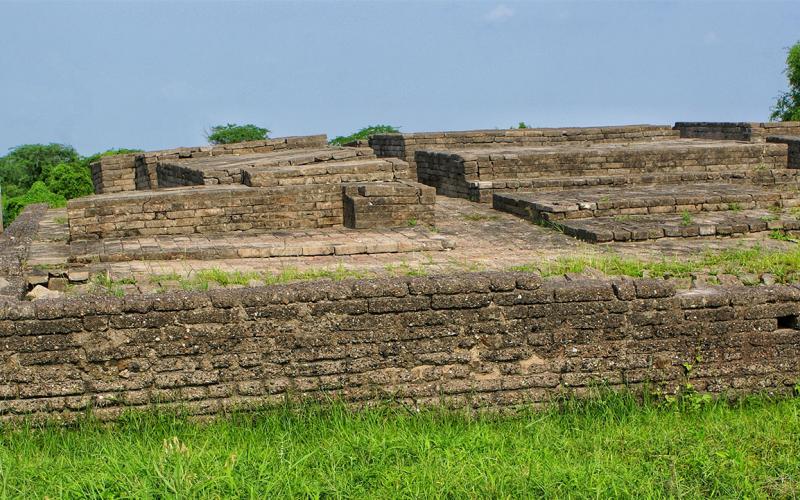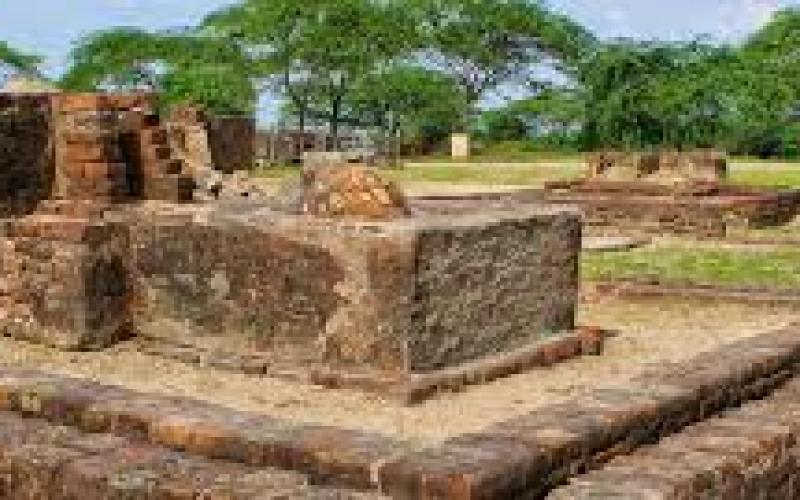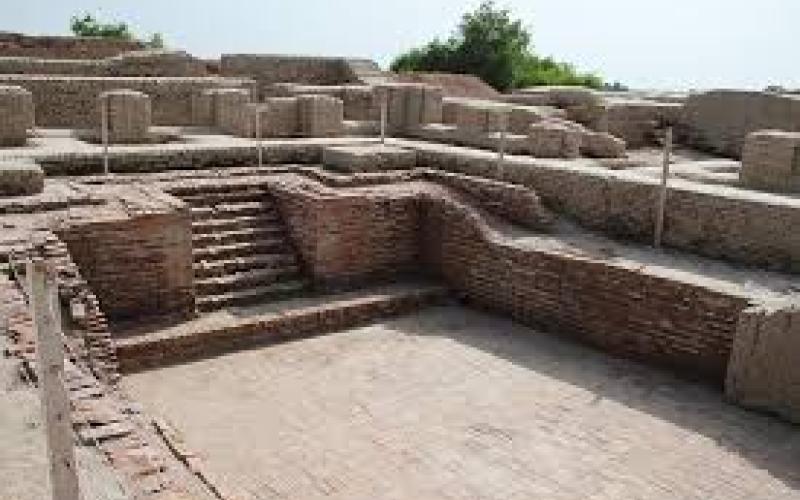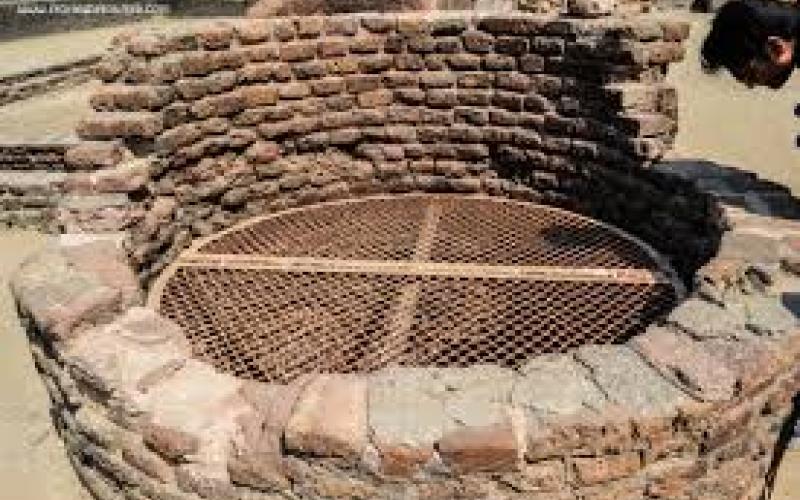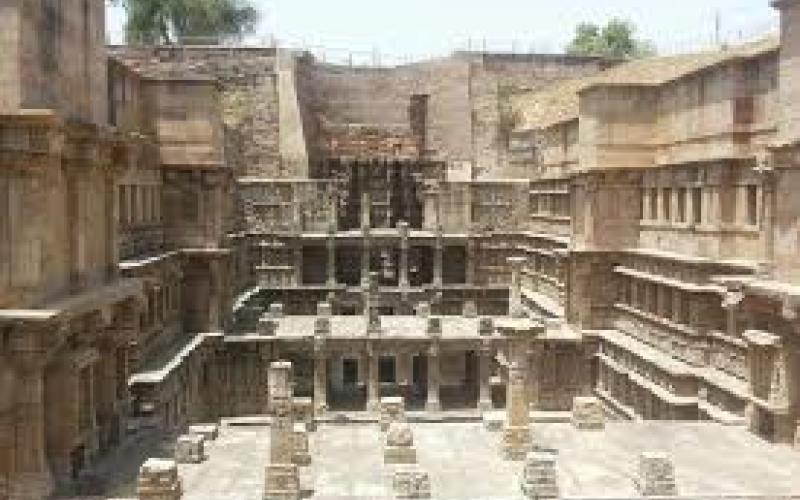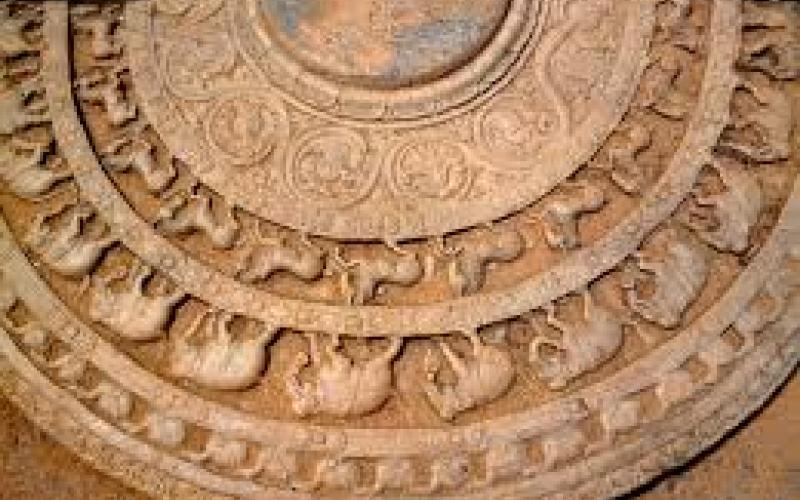An application along with processing fee of INR equivalent to USD 225 is required to be made online, to enable submission of your application. Please note that application-processing fee is non-refundable, and will not be returned under any circumstance. Kindly ensure that your production is a Feature Film, TV/Web show and series & Reality TV/Web show and series. FFO does not accept application for Documentary films, AV commercials and music videos.
The Archaeological Survey of India (ASI), the official Indian government agency for the preservation of ancient monuments, discovered Lothal in 1954. Excavation work in Lothal commenced on 13 February 1955 and continued till 19 May 1960.
According to the ASI, arguably Lothal had the world's earliest known dock, which connected the city to an ancient course of the Sabarmati river on the trade route. This trade route stretched between Harappan cities in Sindh (Pakistan) and the peninsula of Saurashtra where the surrounding Kutch desert of today was a part of the Arabian Sea. However, this interpretation has been challenged by other archaeologists, who argue Khufu's Red Sea harbour at Wadi al-Jarf (Egypt) is older, dating its construction to between 2580 to 2550 BCE[4] and that Lothal was a comparatively small town, and that the "dock" was primarily an irrigation tank.[5][6]
The National Institute of Oceanography in Goa discovered foraminifera (marine microfossils) and salt, gypsum crystals in the rectangular structure clearly indicating that sea water once filled the structure and it was definitely a dockyard.[7]
Lothal was a vital and thriving trade centre in ancient times, with its trade of beads, gems and valuable ornaments reaching the far corners of West Asia and Africa. The techniques and tools they pioneered for bead-making and in metallurgy have stood the test of time for over 4000 years.[8]
Lothal is situated near the village of Saragwala in the Dholka Taluka of Ahmedabad district. It is six kilometres south-east of the Lothal-Bhurkhi railway station on the Ahmedabad-Bhavnagar railway line. It is also connected by all-weather roads to the cities of Ahmedabad (85 km/53 mi), Bhavnagar, Rajkot and Dholka. The nearest cities are Dholka and Bagodara. Resuming excavation in 1961, archaeologists unearthed trenches sunk on the northern, eastern and western flanks of the mound, bringing to light the inlet channels and nullah ("ravine", or "gully") connecting the dock with the river. The findings consist of a mound, a township, a marketplace, and the 'dock'. Adjacent to the excavated areas stands the Archaeological Museum, where some of the most prominent collections of Harappa-era antiquities in India are displayed.
The Lothal site was nominated, in April 2014, as a UNESCO World Heritage Site, and its application is pending on the tentative list of UNESCO




